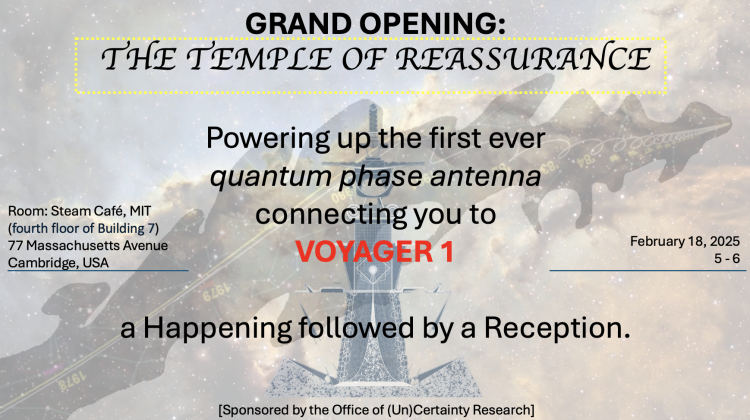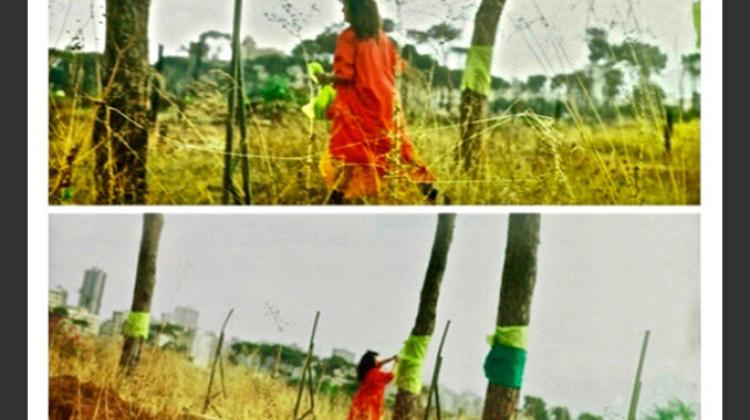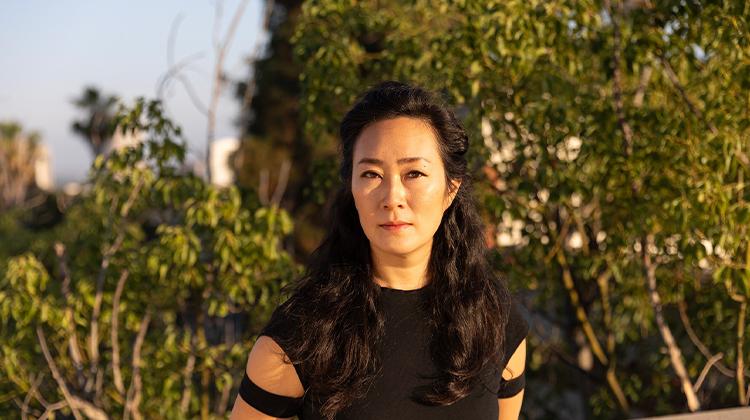Orientalism, Colonialism, and Representation
Can one divide human reality, as indeed human reality seems to be genuinely divided, into clearly different cultures, histories, traditions, societies, even races, and survive the consequences humanly?"
- Edward Said, Orientalism, 45
The locus of intellectual courage isn’t factuality, it’s oppositionality—an interior relation of conviction rather than an external condition of falsifiability
- FT, NYR Online, Aug 19, 2023
This seminar explores the politics of representation as a central concern in the production and dissemination of knowledge about cultures. It examines how political, cultural, historical, ideological, and religious forces not only shape but often determine the ways in which knowledge is produced, codified, and visually or textually represented — and how, in turn, such knowledge reconfigures those very forces.
At the core of the seminar lies the concept of Orientalism, understood not merely as a body of scholarship or a mode of artistic expression, but as a discursive and institutional formation that evolved over centuries of interaction — frequently asymmetrical and fraught — between the “West” and the “Orient.”
Students will engage critically with a range of historical episodes, analyzing their textual, visual, architectural, theoretical, and institutional legacies to show how representations of the Islamic world were constructed, circulated, and normalized within Western epistemologies. At the same time, it considers how these representations were received, contested, internalized, or reappropriated within Islamic societies, thereby shaping the modalities of modern self-representation.
Through these inquiries, the seminar aims to foster a historically grounded and theoretically informed understanding of representation as a field of power. It interrogates claims of empirical neutrality in the humanities and social sciences, contending instead that all acts of representation — however scholarly or aesthetic in form — are embedded within shifting structures of authority, legitimacy, and imagination.
Research paper required. Open to qualified undergraduates.






